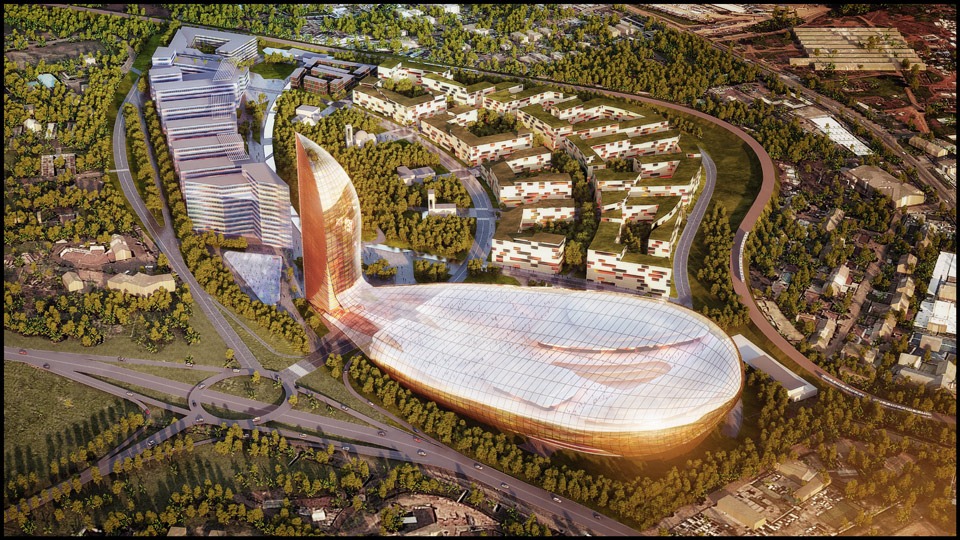Daisy Hope Ejang grew up with her mother and seven siblings in a public bathroom, the same bathroom she was born in, in Naguru estate, which was a slum of Kampala, the capital city of Uganda. She told New Vision, a newspaper: “During the day, we had nowhere to stay. In the evening, mother cleaned up the cubicle and we slept. We would wake up very early the following day to clear up the place before people came to shower.” Then one morning in July of 2011, bulldozers showed up. The bathroom was razed to the ground, along with the…
Cancel at any time. Are you already a member? Log in here.
Want to read the full story?
Unlock this article – and everything else on The Currency – with an annual membership and receive a free Samsonite Upscape suitcase, retailing at €235, delivered to your door.

